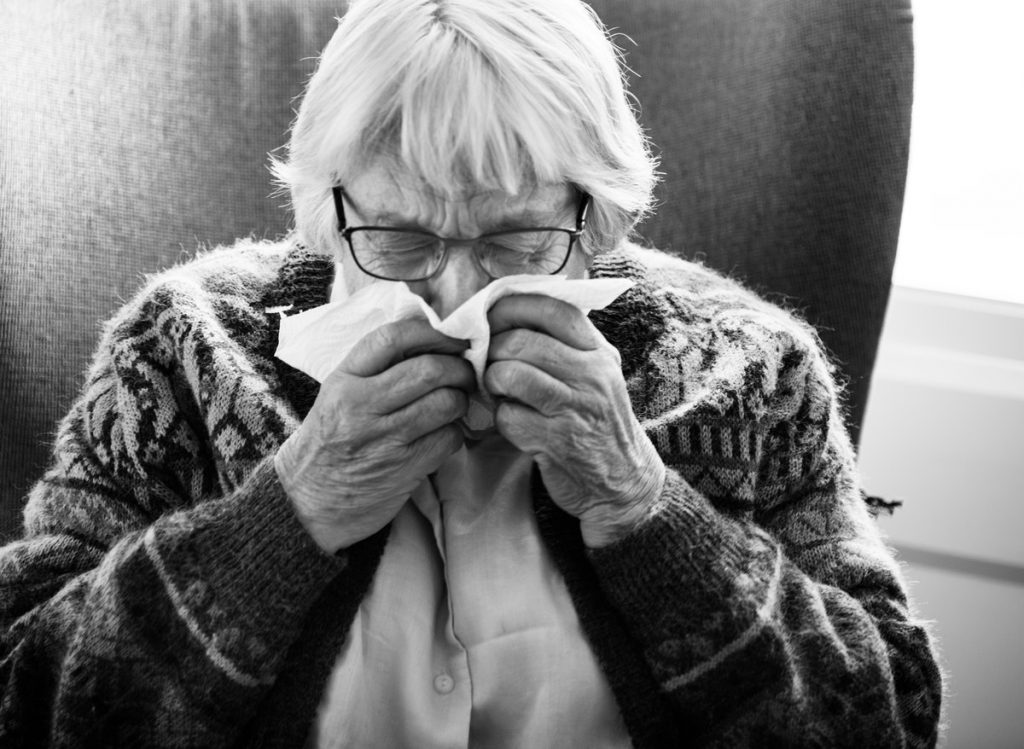 When looking for a assisted-living facility or nursing home, one of the determining factors of a high-standard facility is the bathrooms. On average, six people will share a bathroom, so it’s essential that each room is pristine. When an assisted-living home does not keep its bathrooms clean, it increases the chances of elderly residents contracting infections and diseases. Several health issues can occur from unsanitary restrooms. Below are 5 reasons to deep clean restrooms at assisted-living facilities.
When looking for a assisted-living facility or nursing home, one of the determining factors of a high-standard facility is the bathrooms. On average, six people will share a bathroom, so it’s essential that each room is pristine. When an assisted-living home does not keep its bathrooms clean, it increases the chances of elderly residents contracting infections and diseases. Several health issues can occur from unsanitary restrooms. Below are 5 reasons to deep clean restrooms at assisted-living facilities.
Urinary Tract Infections
Urinary tract infections (UTIs) are the most common infections among the elderly. This is because of diabetes and the use of catheters. Symptoms of UTIs in older adults include confusion, discomfort, and urinary incontinence. Antibiotics can usually treat UTIs. Having a clean bathroom is important for nursing home residents, whether they have a catheter or not.
Skin Infections
As skin ages, it becomes more susceptible to cuts and infections. Some infections can be viral, including scabies, pressure ulcers, and shingles. The elderly can also contract bacterial or fungal foot infections. Symptoms to look for are itching or pain. These infections can be treated with medicines or vaccines, but they could be prevented with access to clean bathrooms, proper hygiene, and regular help from nursing home staff to shower and clean their bodies.
Bacterial Pneumonia
Pneumonia continues to be the leading cause of mortality for nursing home residents and occurs because of an increased exposure to diseases in a community setting and a weaker immune system. Symptoms of pneumonia are confusion and delirium. Those suffering can usually treat bacterial pneumonia with antibiotics. A vaccine that helps prevent some types of pneumonia is available, and it is highly recommended that nursing home residents receive it.
Gastrointestinal Infections
Digestion changes due to age and an increase in gastric acid ups the risk of gastrointestinal infections. Two of the most common infections are Helicobacter pylori and Clostridium difficile. Symptoms may include fever, nausea, and upper abdominal pain. A doctor will treat these infections with prescription medications.
Influenza
The flu spreads through breathing, coughing, and sneezing, so a small space shared by many residents in close proximity is a breeding ground for illnesses and increases the chances of contracting diseases. This means nursing homes should always keep the environment as clean as possible to prevent illnesses. Symptoms of influenza may be different for the elderly, but can include coughing, chills, and fever. An annual vaccination can help prevent influenza, but for those who have already contracted the illness, antiviral medication may be the solution.
All these health issues are common in the elderly, especially nursing home residents, because of the compact area that many residents share together. One way that staff can help the elderly prevent these infections and diseases is by deep-cleaning restrooms. There are many places in a bathroom where bacteria can grow, so keeping them clean is vital. It is the staff’s job to ensure residents’ living area are clean, so they are able to practice good hygiene and avoid illnesses.
Have a need for restroom deep cleaning? Give us a call at (419) 705-8693 or click here and we’ll come out and take a look.

 Carpet odors can sneak into your home over time, undetected until someone points them out or you return home after being away. Over time, we become accustomed to smells from pets, cigarettes, mildew, and foods, so it’s difficult to notice them.
Carpet odors can sneak into your home over time, undetected until someone points them out or you return home after being away. Over time, we become accustomed to smells from pets, cigarettes, mildew, and foods, so it’s difficult to notice them. With summer right around the bend, many homeowners will be pursuing their deep-cleaning plans to prepare their homes for the warmer months. Many homeowners forget to include the
With summer right around the bend, many homeowners will be pursuing their deep-cleaning plans to prepare their homes for the warmer months. Many homeowners forget to include the 